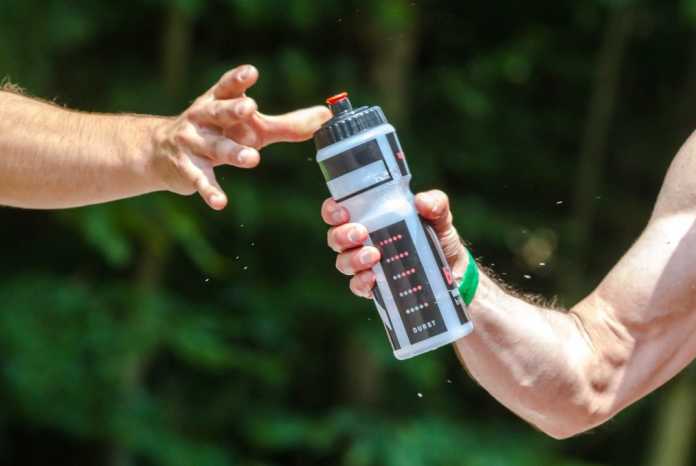
Dehydration can occur in anyone of any age, but it is most dangerous for babies, small children, and older adults.
Dehydration occurs when your body loses too much fluid. This can happen when you stop drinking water or lose large amounts of fluid through diarrhea, vomiting, sweating, or exercise. Not drinking enough fluids can cause muscle cramps. You may feel faint. Usually your body can reabsorb fluid from your blood and other body tissues. But by the time you become severely dehydrated, you no longer have enough fluid in your body to get blood to your organs, and you may go into shock, which is a life-threatening condition.
Dehydration in babies and small children:
Babies and small children have an increased chance of becoming dehydrated because:
- A greater portion of their bodies is made of water.
- Children have a high metabolic rate, so their bodies use more water.
- A child’s kidneys do not conserve water as well as an adult’s kidneys.
- A child’s natural defence system that helps fight infection (immune system) is not fully developed, which increases the chance of getting an illness that causes vomiting and diarrhea.
- Children often will not drink or eat when they are not feeling well.
- They depend on their caregivers to provide them with food and fluids.
Dehydration in older adults:
Older adults have an increased chance of becoming dehydrated because they may:
- Not drink because they do not feel as thirsty as younger people.
- Have kidneys that do not work well.
- Choose not to drink because of the inability to control their bladders (incontinence).
- Have physical problems or a disease which makes it:
- Hard to drink or hold a glass.
- Painful to get up from a chair.
- Painful or exhausting to go to the bathroom.
- Hard to talk or communicate to someone about their symptoms.
- Take medicines that increase urine output.
- Not have enough money to adequately feed themselves.
Watch babies, small children, and older adults closely for the early symptoms of dehydration anytime they have illnesses that cause high fever, vomiting, or diarrhea. These are the early symptoms of dehydration:
- The mouth and eyes may be drier than usual.
- The person may pass less urine than usual.
- The person may feel cranky, tired, or dizzy.
Check your symptoms to decide if and when you should see a doctor or call Health Link at 811.








